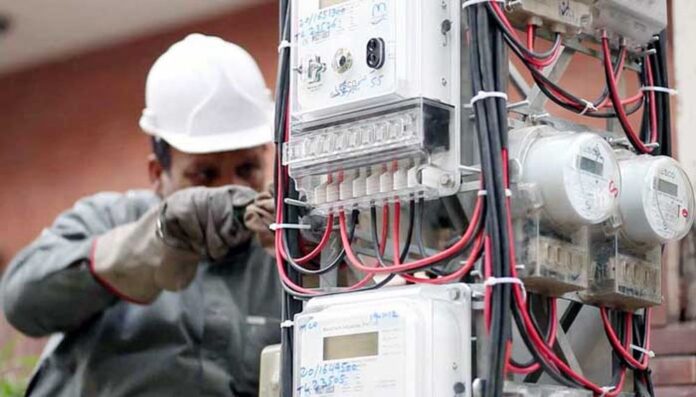The federal government is considering a policy shift to initiate electricity tariff rebasing annually from January 1 instead of July 1.
This move aims to mitigate the public’s financial burden during summer months when fuel charge adjustments (FCAs) and quarterly tariff adjustments (QTAs) are at their peak, BR reported citing sources in the Power Division.
The proposal, set to be presented to the Economic Coordination Committee (ECC), suggests revising existing timelines to ensure rebasing aligns with winter months, when electricity consumption is lower.
The Power Division argued that this adjustment would help stabilize electricity bills throughout the year, reducing consumer dissatisfaction and protests.
NEPRA has expressed concerns about implementing the proposed timeline by January 2025, citing the nine-month regulatory process required to approve documents under existing guidelines. The power actor regulator noted that tariff rebasing for July 2025 has already commenced, making a January 2025 shift impractical without significant amendments to procedural frameworks.
The Power Division has proposed that NEPRA amend the guidelines under the “National Electricity Plan Strategic Directive 8” to facilitate the change. It also suggested an interim one-year transition period, making January 2026 the new effective date for tariff rebasing.
NEPRA pointed out that the accounting period for distribution companies (DISCOs) runs from July to June and aligns with current tariff adjustments and true-ups based on audited accounts. A shift to January rebasing would require synchronising accounting and regulatory timelines, including updates to Multi-Year Tariff (MYT) agreements set to expire in June 2025 for seven DISCOs.
The Power Division, in its response to NEPRA, clarified that the proposed change focuses solely on tariff rebasing timelines, with no intention to alter DISCOs’ existing accounting periods. It also recommended allowing interim tariffs to ensure operational continuity while adjustments are finalized under prior year adjustments (PYA).




